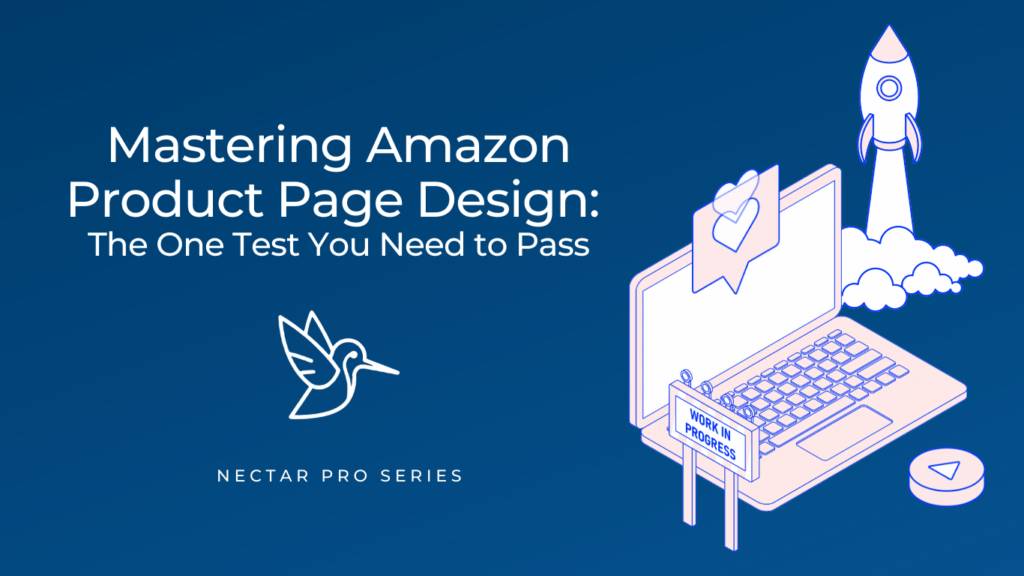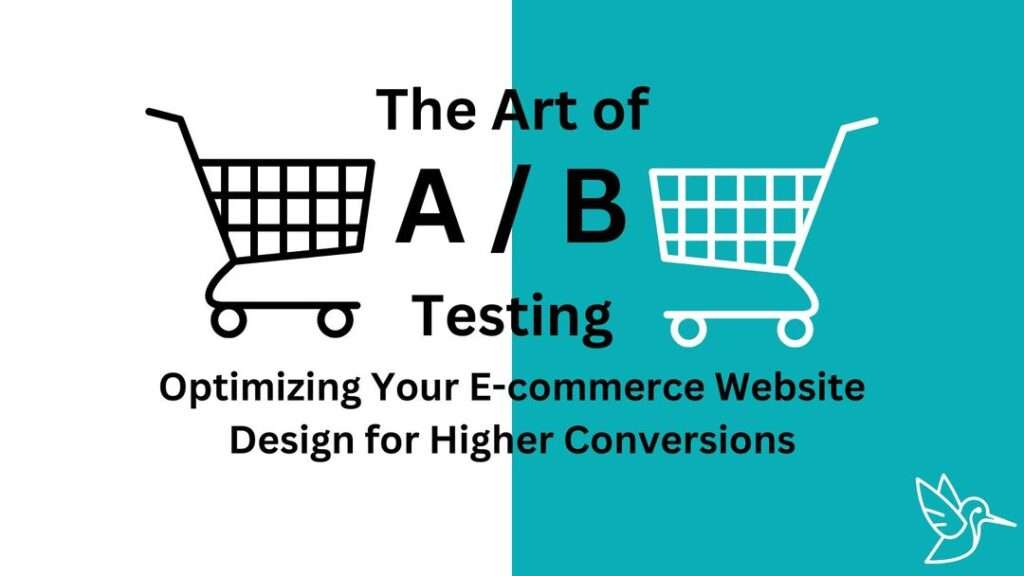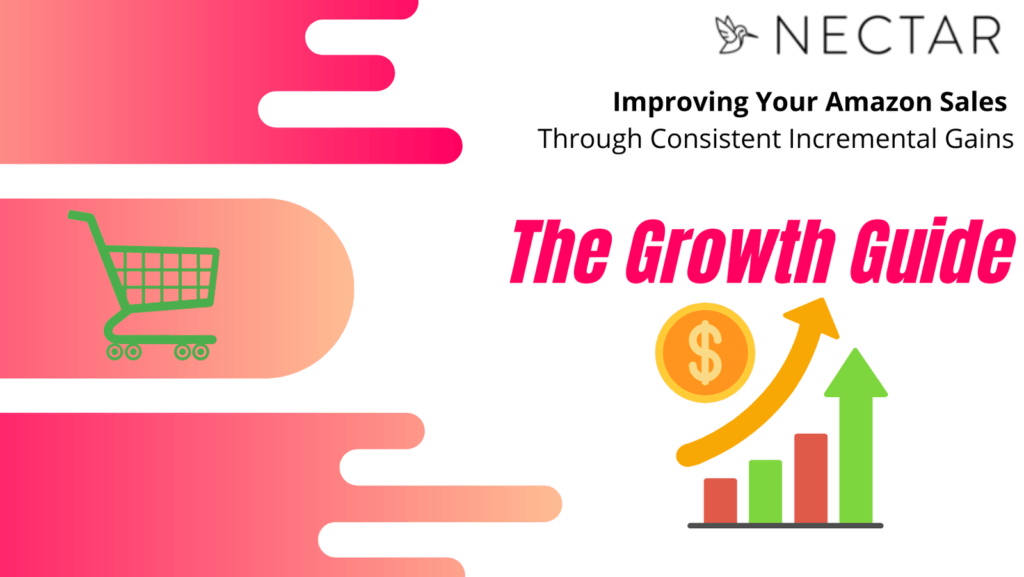Imagine walking into a store, the kind of place filled with a variety of products, all vying for your attention. Among the myriad of options, one item catches your eye. You walk over, but as you reach out, you notice there’s no information about it—no label, no price, no description—just the product. Could you confidently make a well-informed decision to buy it?
This situation sounds far-fetched in a physical store, but it’s a principle that every Amazon seller should seriously consider: the ability of a product’s page design to communicate its value without relying on the written copy.
The Most Important Design Rule
A golden rule in Amazon product page design is to ask this pivotal question:
“If you delete all the copy, does the viewer have enough information to make a well-informed decision about buying the product?”
It’s a challenging standard to meet, but it’s an incredibly effective benchmark to strive for.
The essence of this rule lies in the understanding that buyers on Amazon are often quick decision-makers. They’re browsing through dozens of products, and the time they spend on your product page is crucial. The average user only reads about 20% of the text on a page, meaning the remaining 80% of your persuasiveness must come from other elements—namely, your product’s visual design. Do the images evoke a story? Do they present a natural flow that pulls the shopper through the buyer’s journey? Does the product present in such a way that the shopper can visualize the product and its intent in their own lives?
This is where the magic of product photography, infographics, and video comes into play. Good images are more important than product descriptions for 63% of consumers. They’re your product’s frontline communicators, providing potential customers with instant insights into your product’s features, benefits, and quality. So, how can you leverage these visual elements effectively?
Firstly, your product images need to be high-quality, well-lit, and professionally done. They should showcase your product from multiple angles and highlight its features. Remember, your potential buyer can’t physically touch or feel your product, so your images need to fill that sensory gap.
Next are the infographics. They should clearly and succinctly highlight your product’s key features and benefits. Overcrowding your infographics with too much information is a common mistake. Keep them simple, visually appealing, and to the point.
Last, but not least, consider using videos — 73% of consumers say they prefer video ads to learn about products and services, and 88% say video ads have convinced them to buy. A short, engaging video can be an excellent way to showcase your product in use and help the customer visualize its practicality in their everyday life.
In conclusion, the design of your Amazon product page should be more than just an aesthetically pleasing layout. It should be a silent salesperson, guiding your customers and providing them with all the necessary information to make a well-informed buying decision.
When you master the art of communicating through design, you’ll find that even without any text, your product can speak for itself. As you review your product page, remember the rule: If all the copy was deleted, would your potential customer have enough information to make a well-informed purchase? If the answer is yes, you’re on the right track to design success on Amazon.
And remember, if you need help in achieving this, Nectar’s team of creative experts is always here to guide you. Whether it’s professional product photography, compelling infographics, or striking video content, we’ve got you covered.






